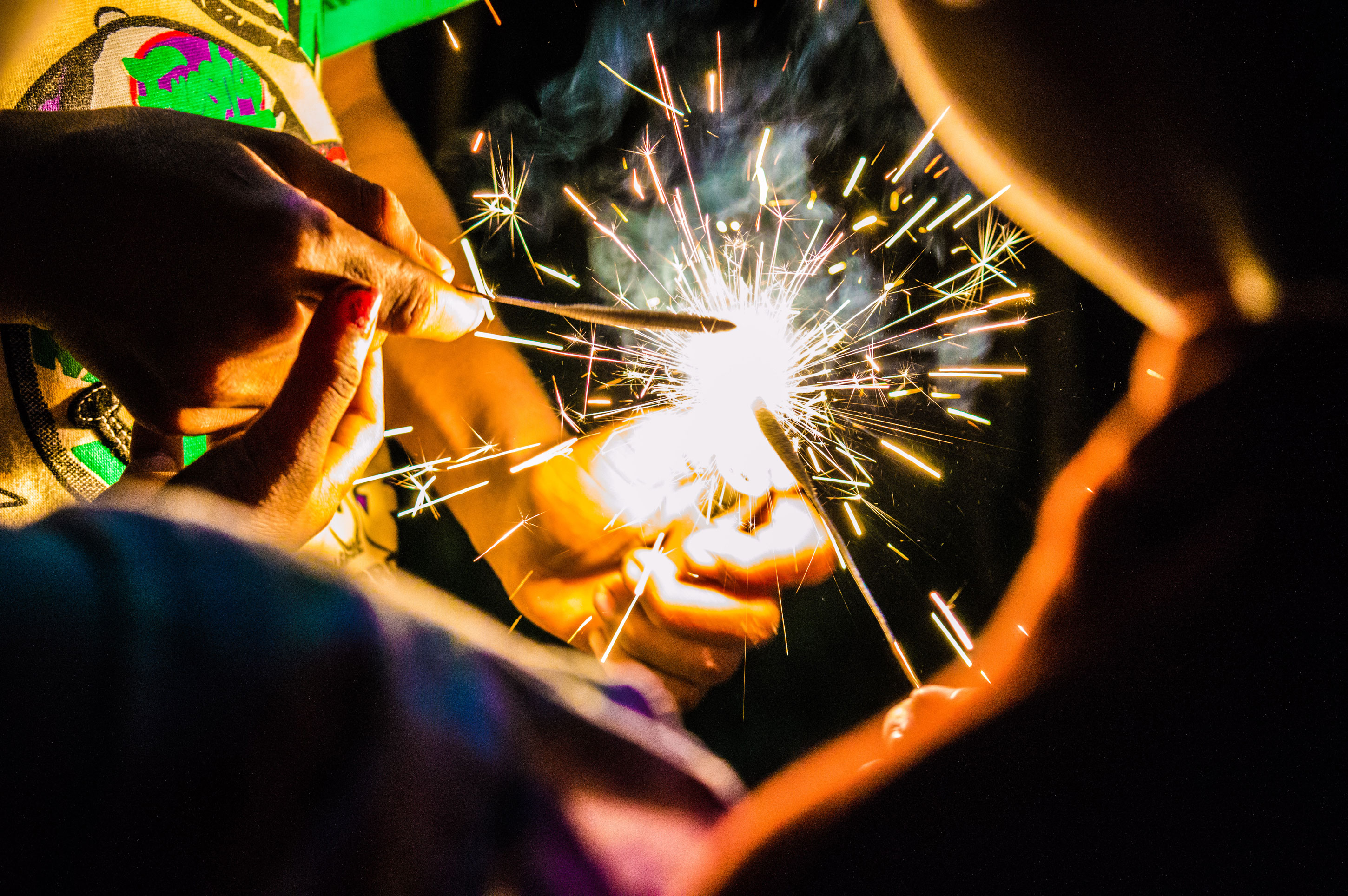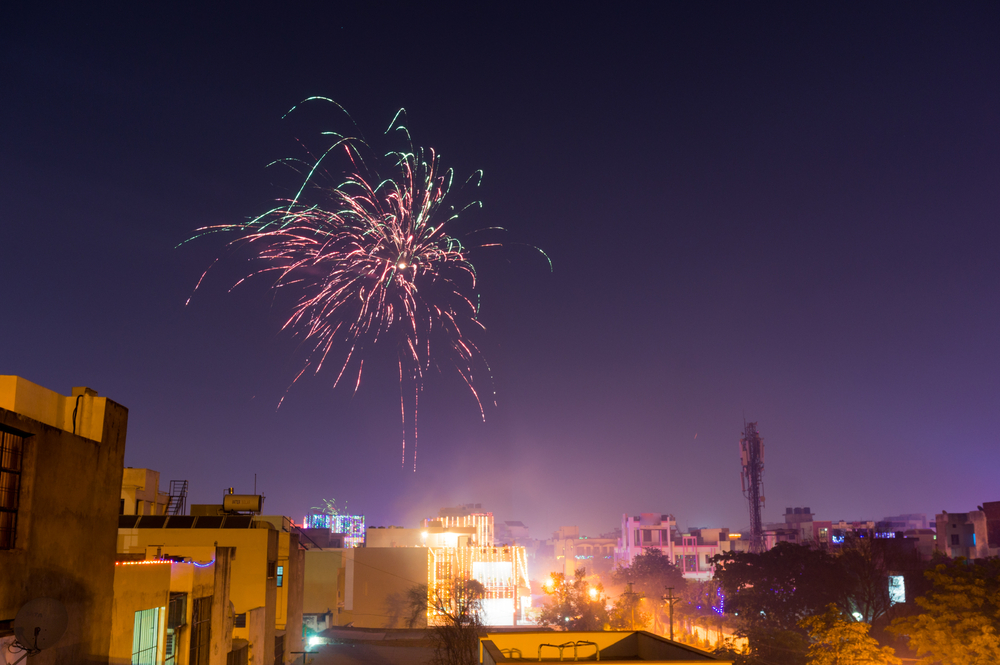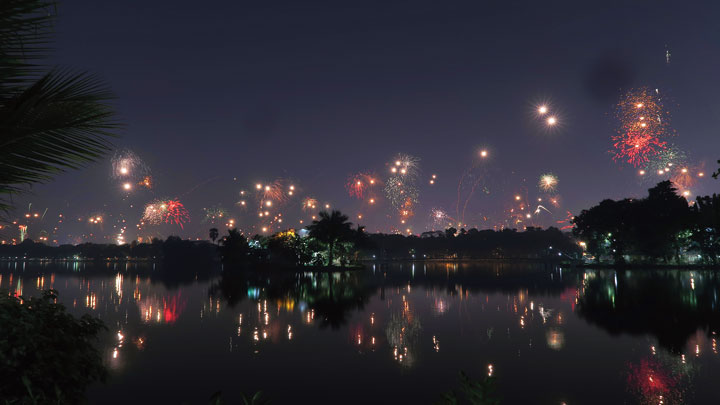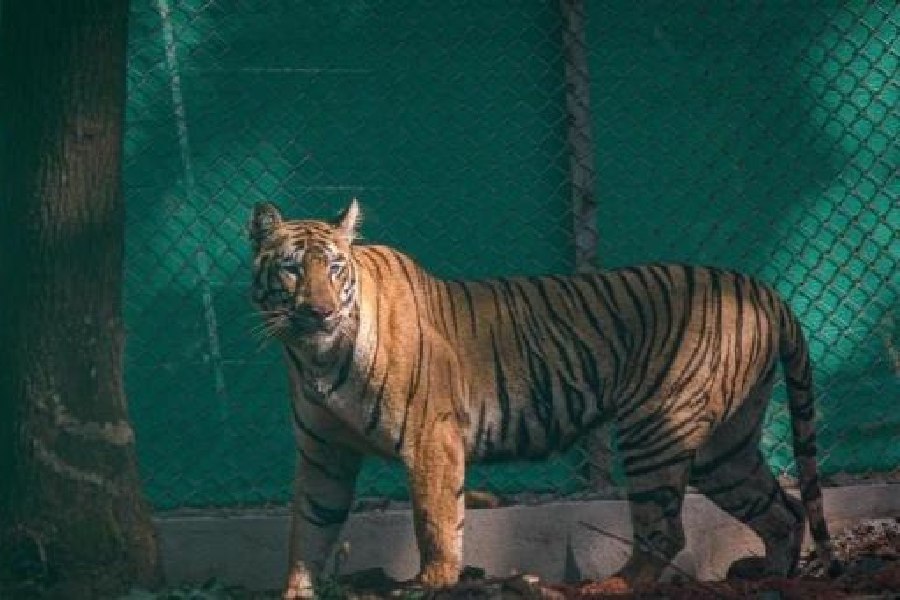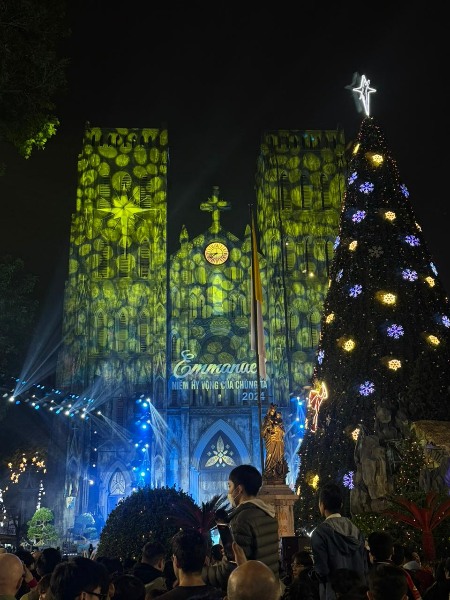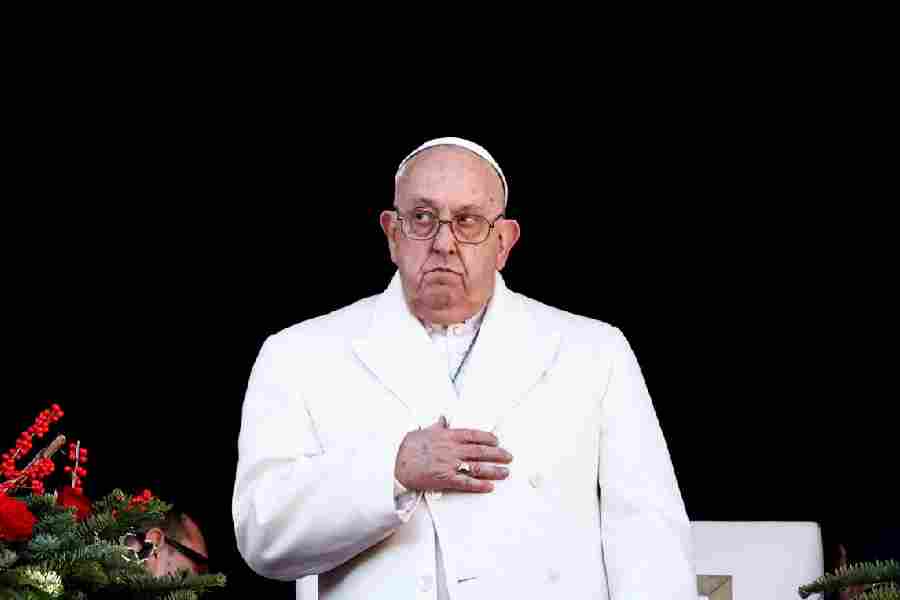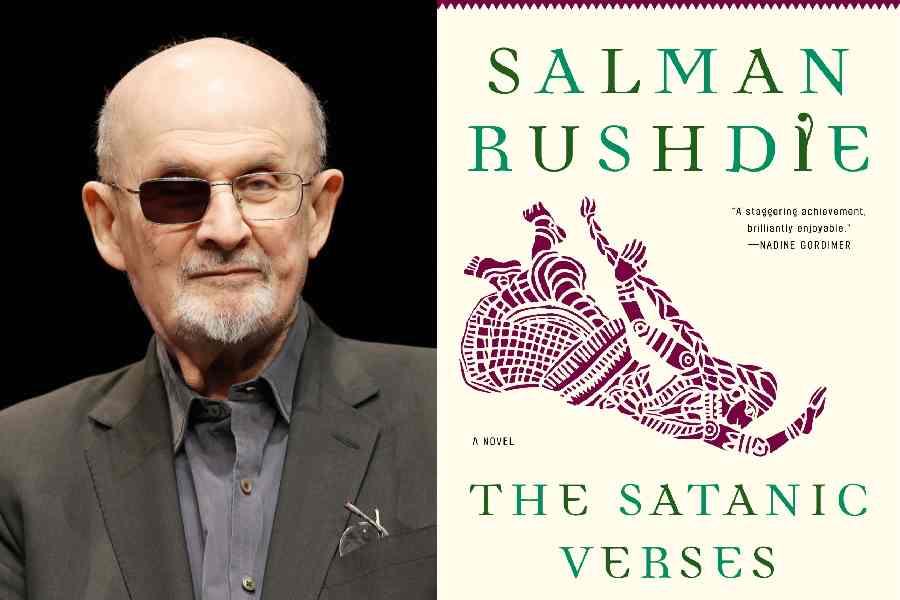Success in reducing sound pollution in Calcutta on Diwali has been rather less than fulfilling, although the efforts of the police and the active role of the state pollution control board did not go wholly in vain. But the Supreme Court time limit for crackers between eight and 10 in the evening was only honoured in the earlier limit; in many places it seemed as though a dam of noise had burst after eight, which kept exploding late into the night. As did the noise from loudspeakers and DJs — the last having been forbidden by the police after 10. As bad was the noisiness around hospitals, zones for which the PCB had been worried. The court made the police accountable for violations, and they must be lauded for responding fast and booking all the offenders they could lay their hands on, even if the latter had to be brought down from rooftops. The PCB, too, filed first information reports against violators. Before Diwali, the police had homed in on illegal firecrackers being transported or stocked in many instances. It is not clear, though, whether equal energy had been expended on raiding the sources of the illegal crackers, and if not, it has to be asked why.
It is worrying, too, that the notion of enjoyment here is so tied up with noisiness that city dwellers appear to lack either understanding or a sense of responsibility as far as firecrackers go. Illegal crackers are made only because there are buyers. The police arrested a trader who was selling chocolate bombs in the guise of apples and oranges. That he was caught is to the police’s credit; but how much can be done if the instinct of Calcuttans is to trick the law — foolishly, to their own detriment? Noise alone is not the problem. The draft report of the National Environmental Engineering Research Institute reveals that the deterioration of Calcutta’s air is affected by stubble-burning nearby, just like Delhi, as well as by traffic fumes. This makes keeping to the mandatory limits in the bursting of crackers even more urgent.

